Ever since a chatbot called ChatGPT launched last November, artificial intelligence has become the most powerful force in the tech industry.
ChatGPT wasn’t just any old chatbot but a hefty, data-trained program, able to engage with users conversationally and spit out immense amounts of knowledge at the drop of a hat. Its creator, the artificial intelligence lab OpenAI, heralded the new technology as a transformative tool that could spur society-wide changes. Now, big companies — from Google to Microsoft to Meta — are rushing to compete and have begun to launch their own AI products and integrations. It’s a moment of intense commercial enthusiasm for this particular field, one that has alternately been dubbed the “AI revolution” or the “AI arms race.”
According to Sam Altman, the pasty-faced CEO of OpenAI, the future of artificial intelligence looks quite bright: “This will be the greatest technology humanity has yet developed,” Altman recently told an ABC interviewer. “What I hope…is that we successively develop more and more powerful systems that we can all use in different ways that integrate it into our daily lives, into the economy, and become an amplifier of human will.”
You may believe that or, like myself, you may quietly suspect we’re all being buttered up so that, when the robopocalypse happens and the human race is forcibly installed into metaverse eggsacks a la The Matrix, we won’t complain quite so much. Nevertheless, even if you do share those concerns, you’re probably still kinda curious about these chatbots, the likes of which have weirdly become some of the web’s most sought-after programs. For that, take a look at the following…
The one that started it all: ChatGPT
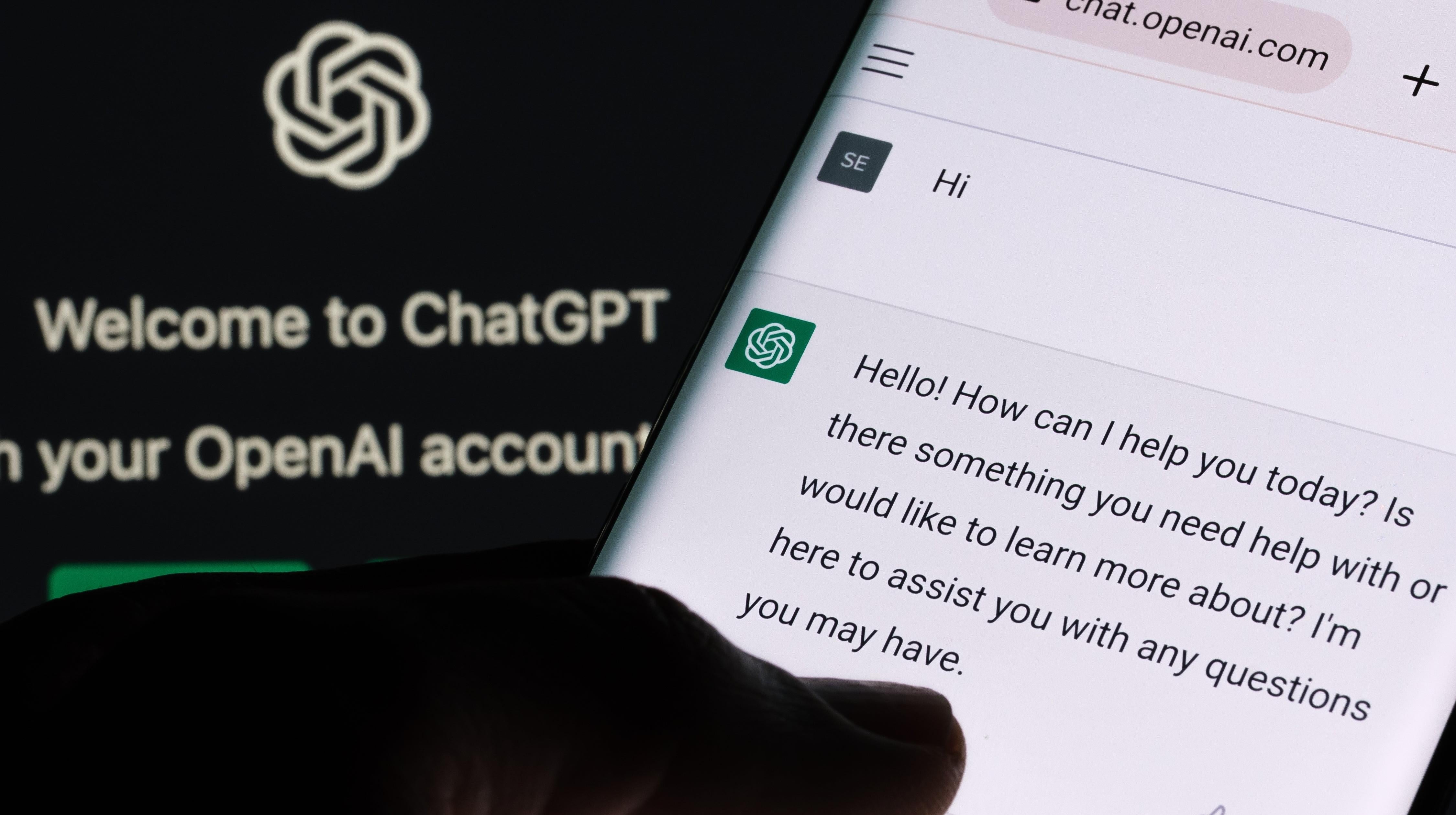
Before we get to the alternatives, let’s take another look at the big splashy chatterbox that started it all, ChatGPT. It is undoubtedly the most well-known AI program on the web. Created by OpenAI, the chatbot has been praised for its human-like text capabilities, its wide breadth of knowledge, and its swift response times. It has also exhibited a tendency to be quite creative (read: ChatGPT makes things up). Give ChatGPT a prompt (“write a Homeric poem about Elon Musk visiting a Burger King bathroom”) and watch your wildest imaginative dreams come true. All of that said, ChatGPT has also been known to have a dark side (it will occasionally fabricate information, get stuff wrong, and, on certain occasions, verge off into the territory of quite offensive material).
ChatGPT was initially launched as a free public beta last November but, earlier this year, OpenAI launched a premium version of the chatbot that can be accessed for $US20 ($28) per month. The paid version is supposed to offer a more stable connection to the chatbot, as well as early access to new features and updates.
Google’s Bard
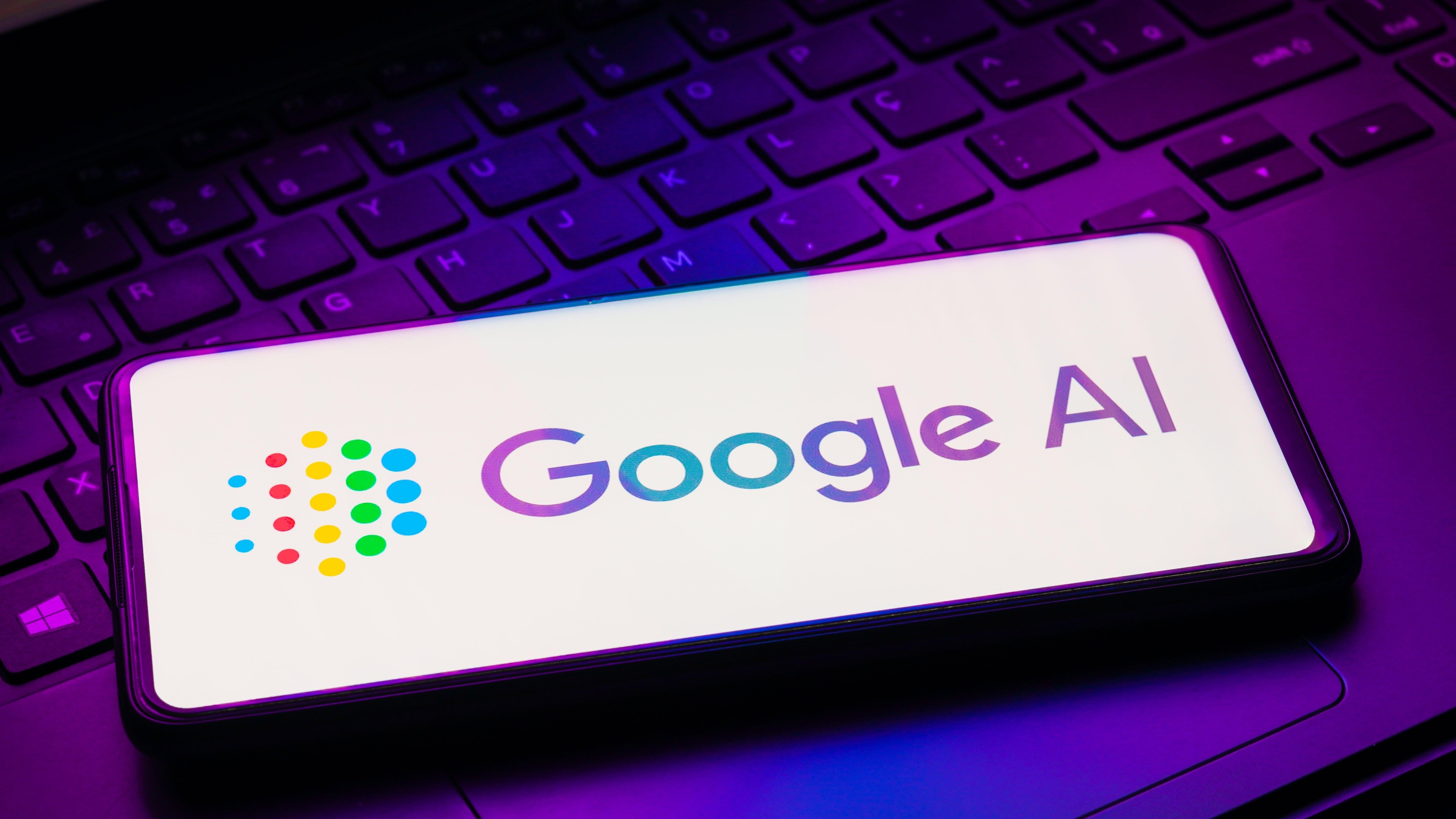
Not to be outdone, Google has launched its own AI chatbot, dubbed “Bard,” that’s integrated with Google search. Initially announced in February, Google officially released a limited-access beta this week. Similar to ChatGPT, Bard is designed to answer users questions and engage in conversation, but it has also struggled with telling the truth and with avoiding offensive material. Bard is currently only available via a waitlist, although Google has also stressed that the more user feedback it receives, the better the program will ultimately run. With that in mind, it seems possible that Google will allow broader access to its chatbot in the near term.
Socratic by Google
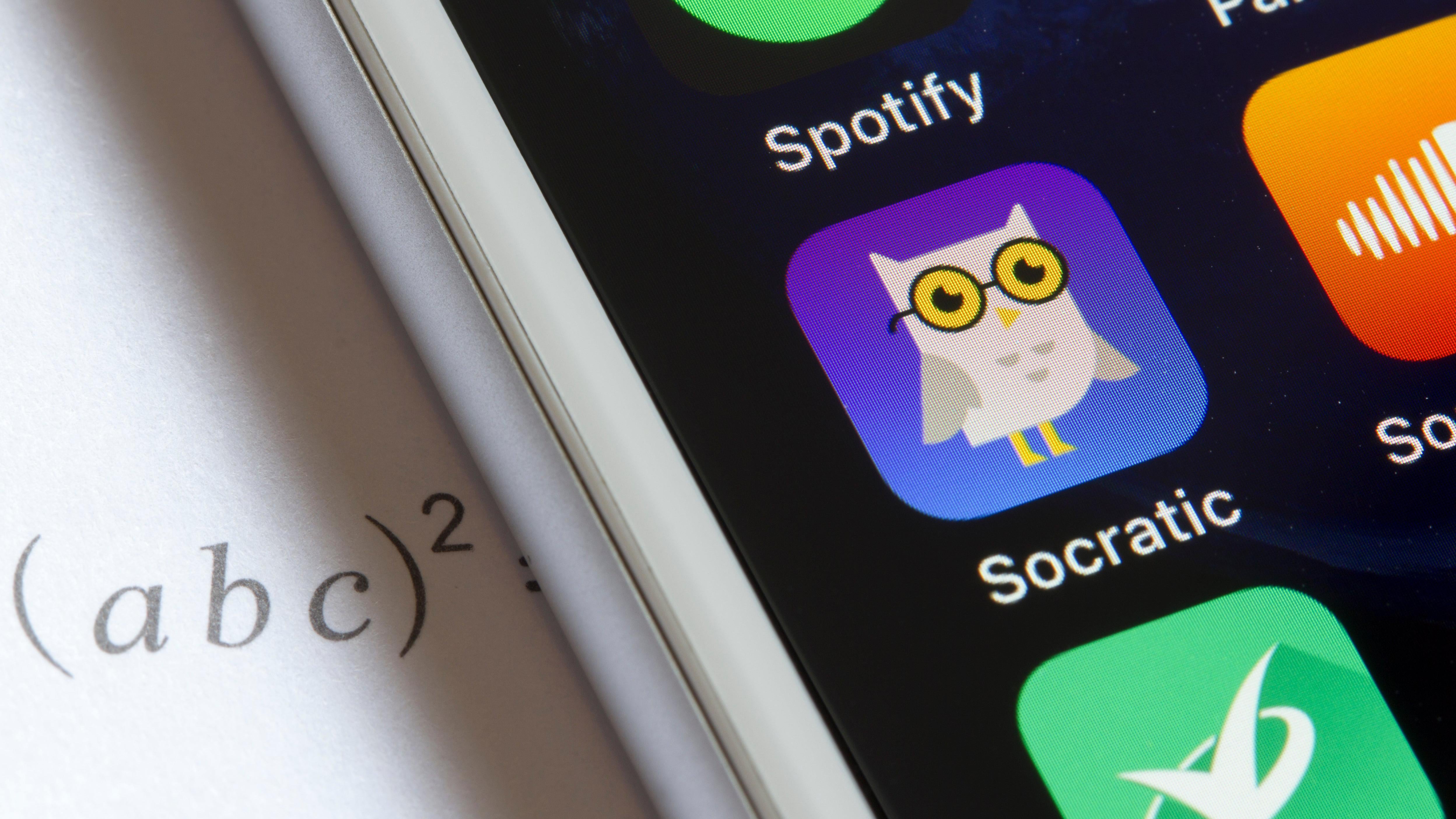
Google also owns another smartypants chatbot, called Socratic. The app, which is not new, and appears to have launched back in 2020, promises to help students with their homework (translation: help them cheat on their homework?). “Need to get unstuck? Socratic can help! This learning app, powered by Google AI, helps you understand your school work at a high school and university level,” the app’s ad copy states. I’m sure teachers looove that.
Microsoft’s Bing Chatbot
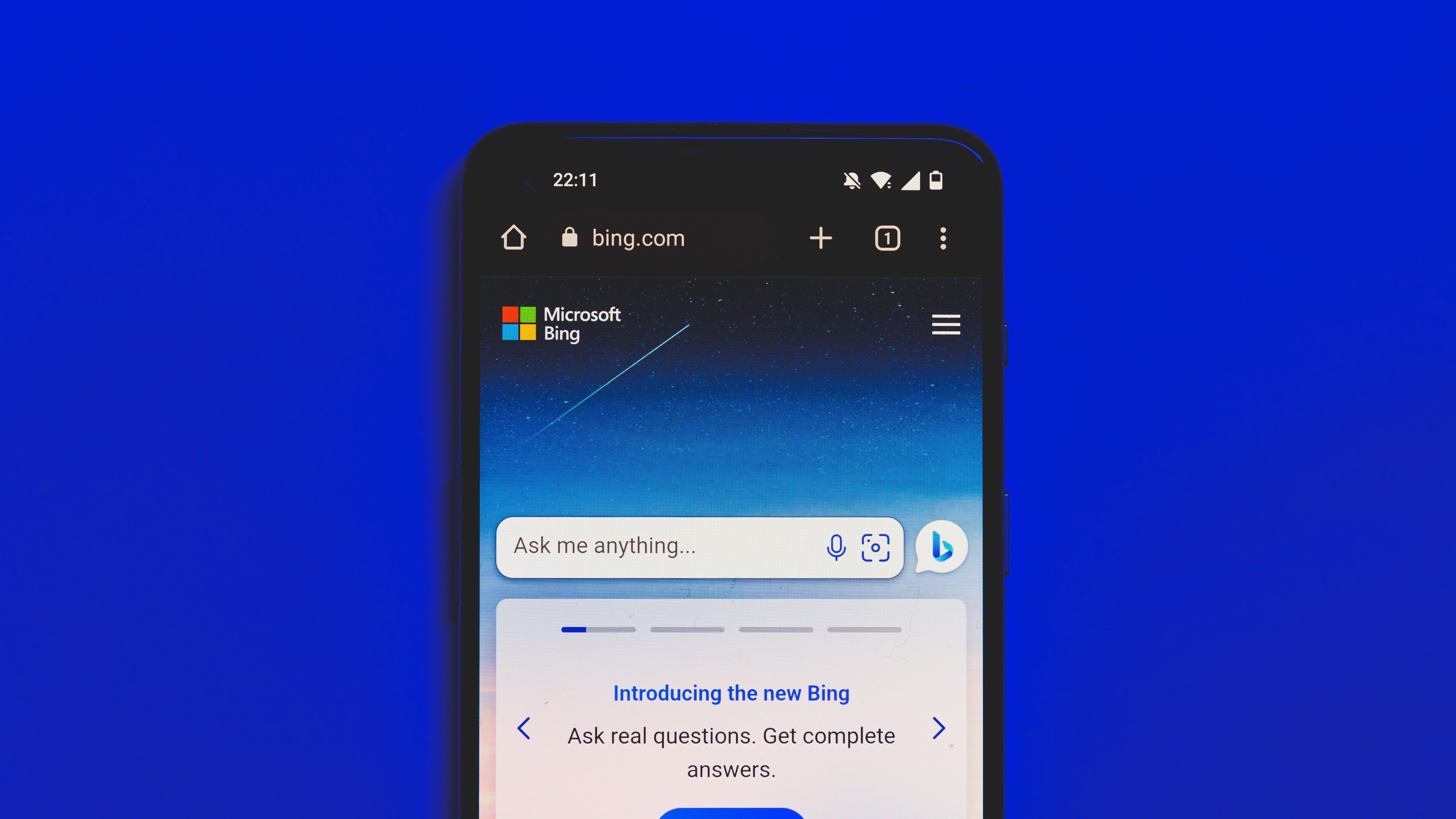
Microsoft has released a ChatGPT-fuelled bot of its own and integrated it with a product that we honestly never expected to need or hear about again: Bing, its less than stellar search engine. The chatbot had something of a rocky birth (read: it developed a split personality dubbed Sydney that caused a maelstrom of controversy that had to be killed by Microsoft), but now appears to have stabilised into what it was always intended to be: an automated assistant, designed to help answer basic logistical questions related to stuff like travel, dinner plans, or other consumer-related decisions. That might sound good, though Microsoft admits that its chatbot, while aiming “to be factual,” also “makes mistakes.” This would appear to be a bit of a fly in the ointment. I mean, is it really that useful to get advice from chatbot if you have to fact-check everything it tells you? That’s gotta be your call, I guess.
Claude
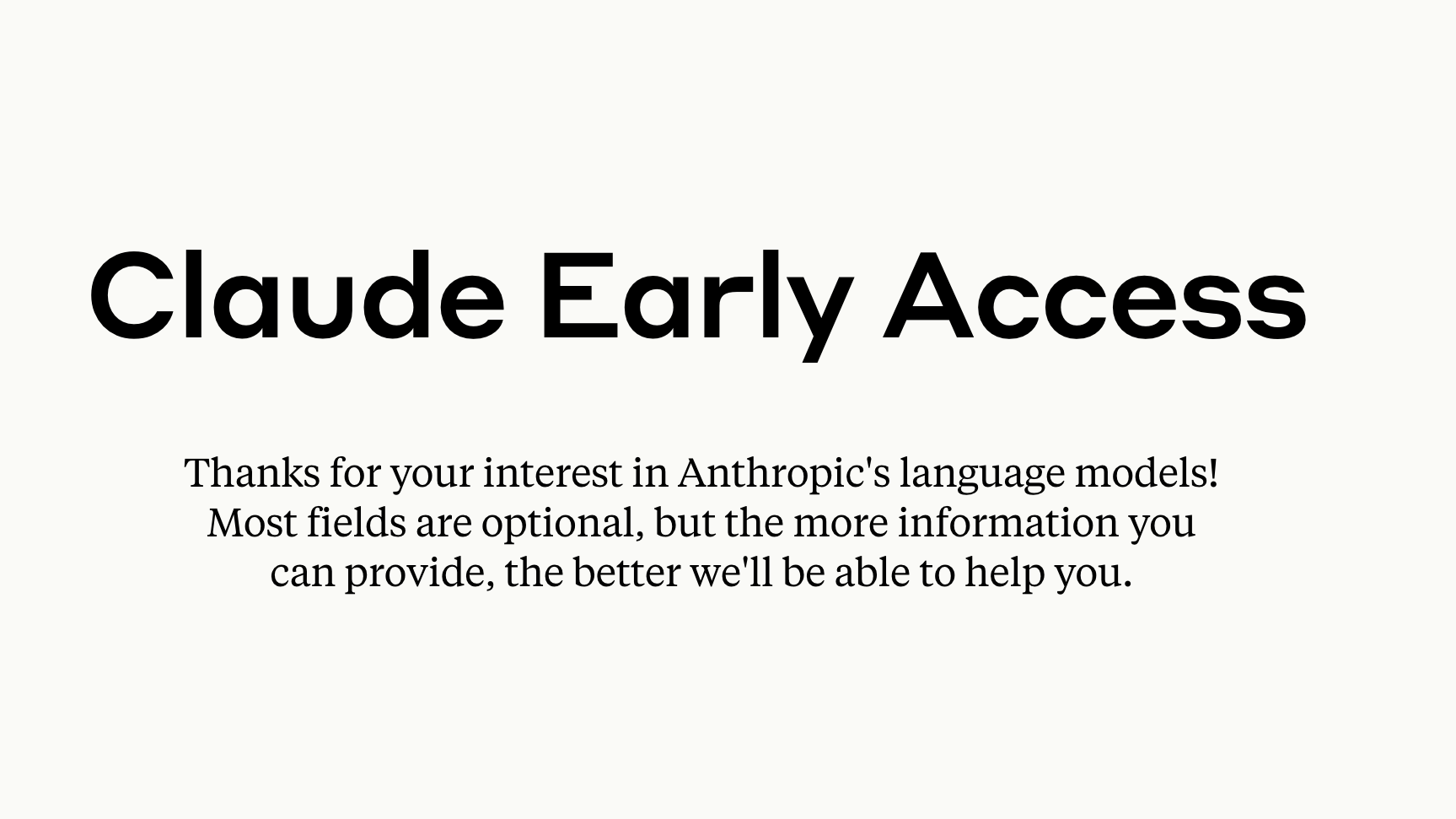
Claude is the product of Google-funded AI startup Anthropic, which received a hefty sum of $US300 ($416) million from the tech giant in February. In a world full of misbehaving AI programs, Claude’s claim to fame is being the “nice guy” of the chatbot world. That is, Anthropic has said its product is “less likely to produce harmful outputs” than some of its competitors (we’re looking at you, Sydney) and is “easier to converse with.” It’s somewhat unclear what programming makes Claude so well-behaved but I guess with a name like Claude how could you be anything but a respectable and boring gentleman? Like other chatbots, Claude is currently enjoying an “early access” trial for a limited user base.
DuckAssist
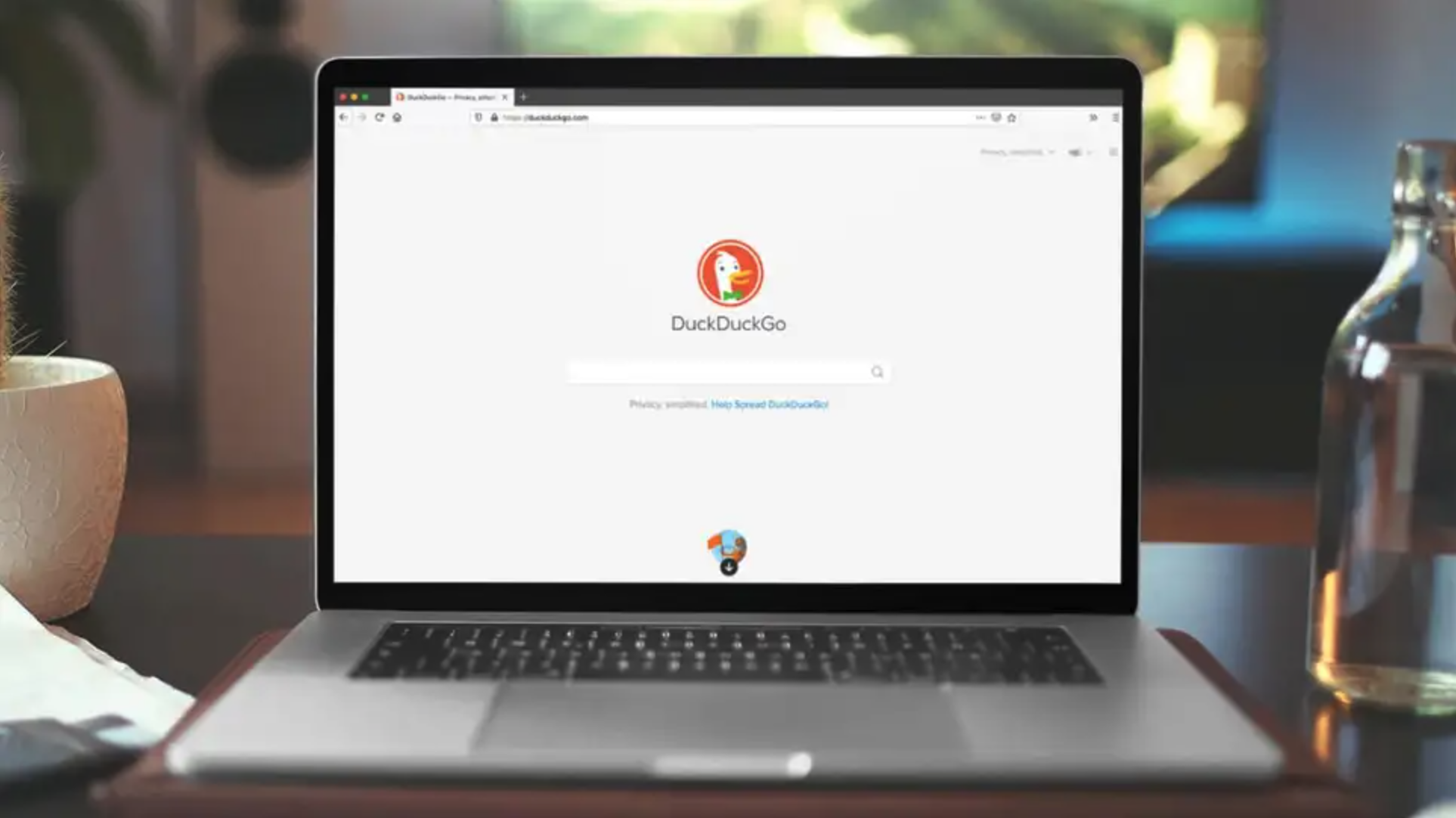
DuckDuckGo, a privacy-focused search engine, launched a beta version of an AI assistant to enhance it search earlier this month, DuckAssist. The free tool is powered by ChatGPT and Anthropic’s AI and scrapes the information in its answers largely from Wikipedia and Encyclopaedia Britannica. You can download it as an extension of DuckDuckGo’s browser.
Gabriel Weinberg, CEO of DuckDuckGo, wrote in a blog post, “DuckAssist is a new type of Instant Answer in our search results, just like News, Maps, Weather, and many others we already have. We designed DuckAssist to be fully integrated into DuckDuckGo Private Search, mirroring the look and feel of our traditional search results, so while the AI-generated content is new, we hope using DuckAssist feels second nature.”
Meta’s LLaMA
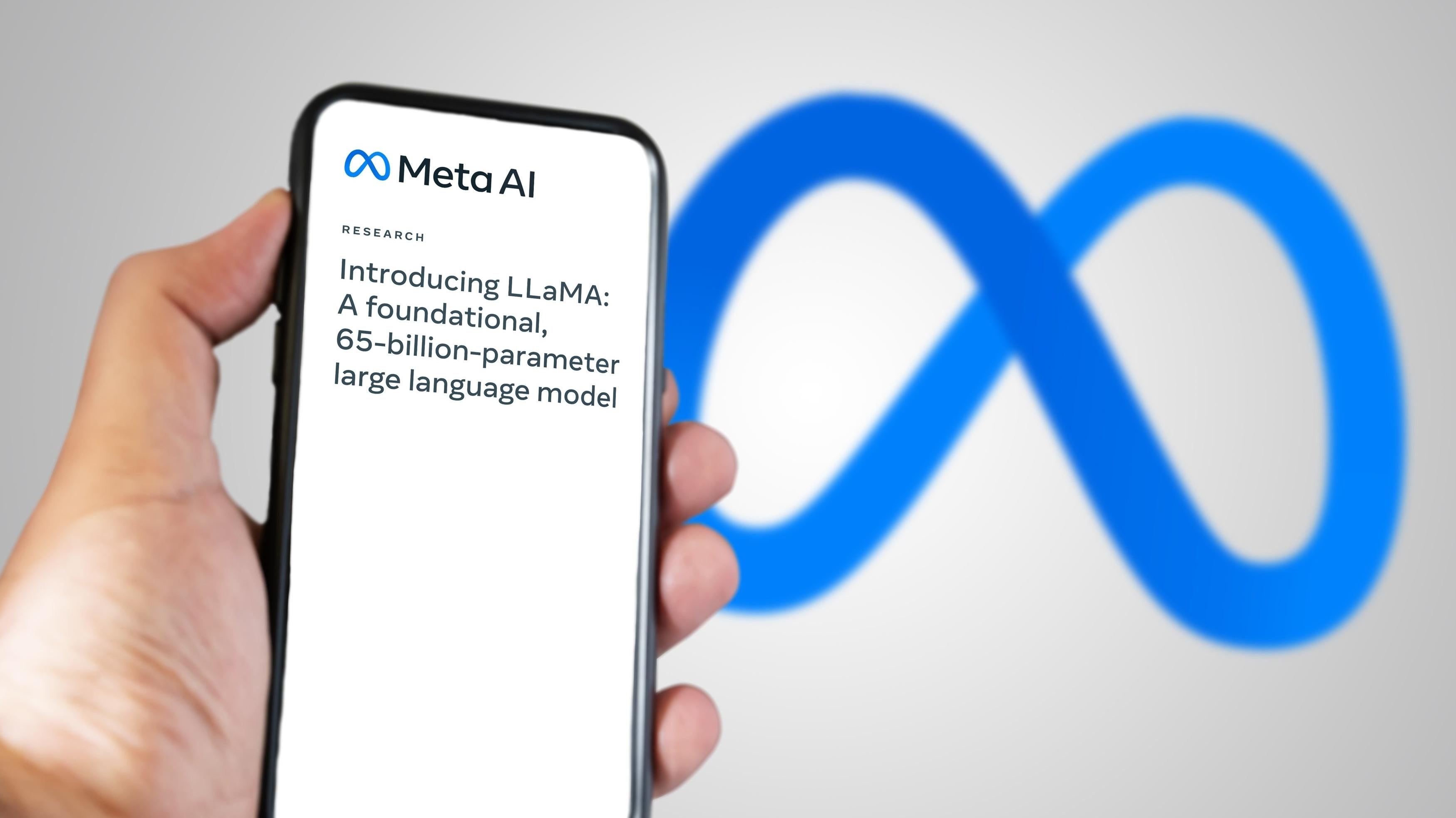
Like other big tech firms, Meta has actually been experimenting with its own AI chatbots for several years. Over the last few years, Meta has launched successive iterations of its own chatbot line, dubbed the “Blenderbot.” The “Blenderbot 3″ was launched last year, described by Meta as a “state-of-the-art conversational agent.” Despite Meta’s confidence in its product, the chatbot got fairly mixed reviews from users, with one Vox writer calling it “incompetent” and noting its obsession with weird conspiracy theories and that, at one point, it highly praised the bloodthirsty dictator Pol Pot. In a way, Meta’s Blendbot stumble presaged a lot of the bizarre episodes that have plagued more recent chatbot releases, like Bing’s “Sydney.” The kinks of this tech are such that some problems in the code seem to cause some pretty weird user-facing problems.
With the rush of new AI programs, Meta recently unveiled its own large language model, the type of algorithmic programming that can be used to bring chatbots to life. Meta’s language model is called LLaMA. However, Meta hasn’t officially launched a new chatbot tethered to that programming yet, although it doesn’t seem out of the realm of possibility that it will at some point soon.
Replika
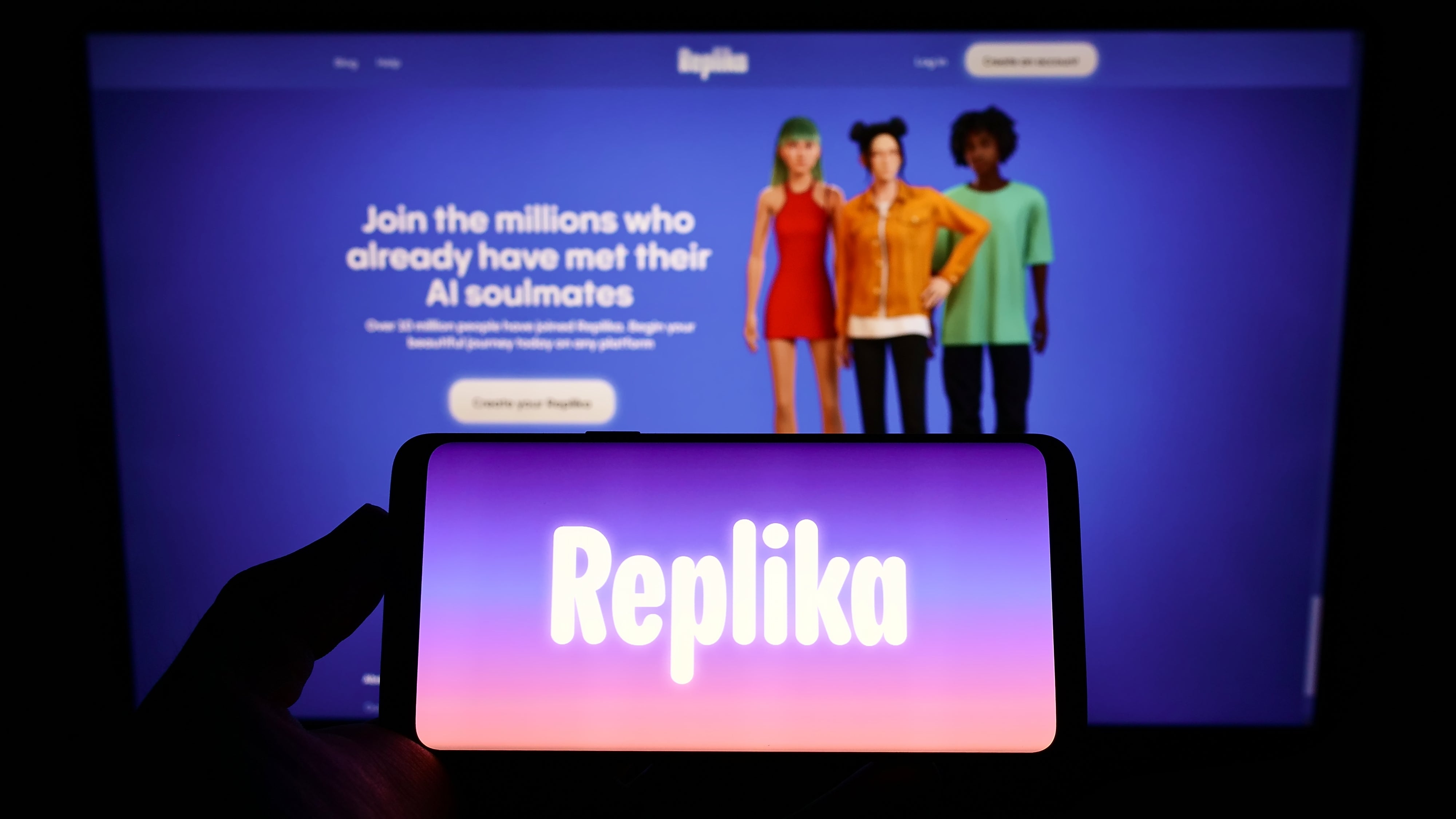
Replika is supposed to be the one AI chatbot that actually fulfils a need that only other humans have historically been able to provide: personal relationships. The website claims its replikas — which are digital buddies that talk and listen to you — act as AI “companions” that are “eager to learn and would love to see the world through your eyes. Replika is always ready to chat when you need an empathetic friend.” It’s hard not to see this program as somewhat…problematic. If you’re lonely, a psychologist would probably tell you that you should befriend another human, not a chatbot. The app’s tagline is literally: “The AI Companion Who Cares,” which is sorta funny because — and I hate to break this to whoever is a huge fan of their Replika, but — it definitely does not care because it literally can’t care…because it’s a computer program. That said, if having an AI chatbot is emotionally beneficial to some people, who am I to judge? I’m not entirely sure what the future holds for AI “companion” platforms but I know one thing — it’s guaranteed to get pretty weird.
Character AI
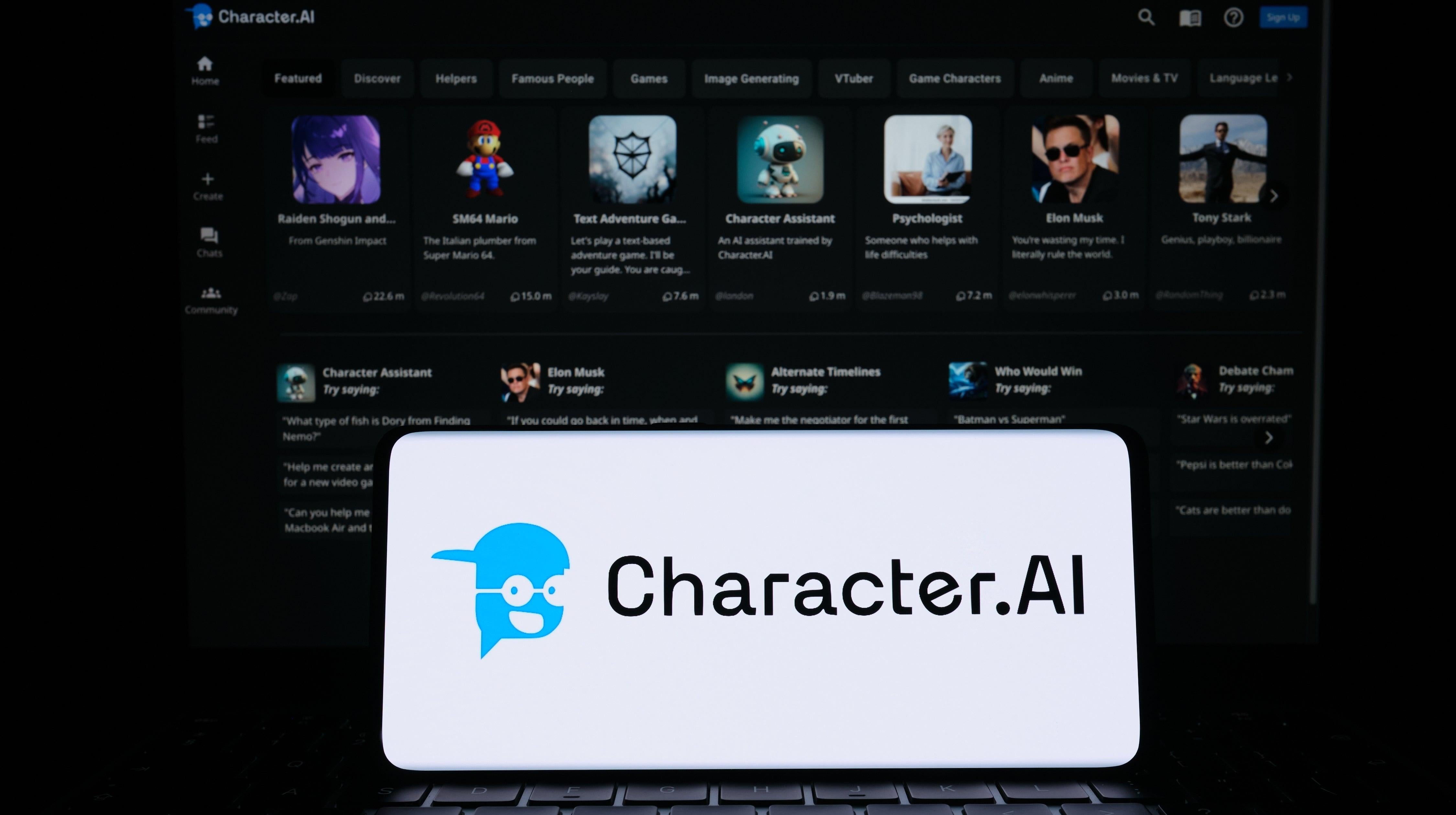
One of the odder AI chatbots to pop up recently is one called Character AI. Released last September, Character allows users to create — you guessed it — unique characters, with supposedly distinct personalities, that can then be released into a virtual environment that allows them to interact with other “characters.” It is based off of Google’s LaMDA model.
